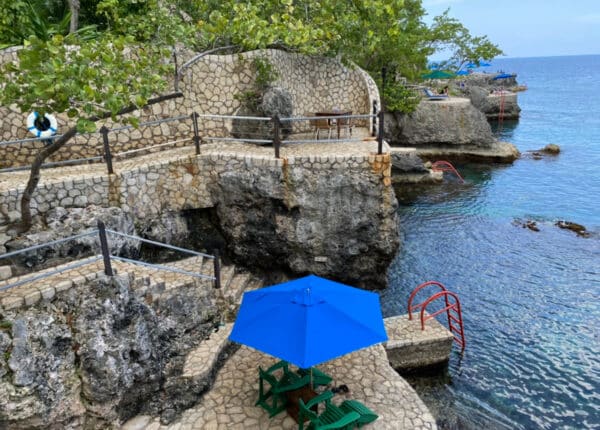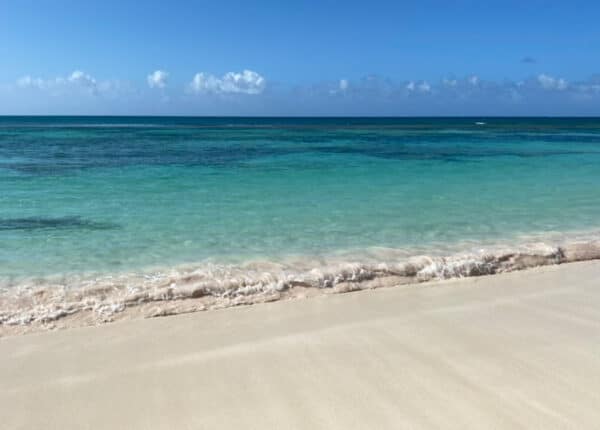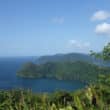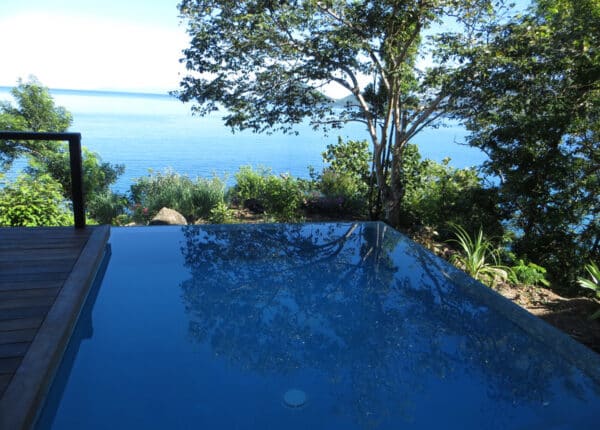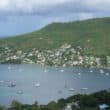By David Rowe
Op-Ed Contributor
The government of Jamaica recently issued a statement criticizing the current bombardment of Gaza by the Israel Defense Forces. The statement was signed by Ambassador Courtenay Rattray.
Of course, the Jamaican position does not differ greatly from that of United Nations Secretary General Ban Ki-moon and that of the foreign ministers of Great Britain and France, all who seem to be rushing to achieve a cease-fire between Israel and Hamas.
The objective of the cease-fire is to end civilian suffering and possibly permit stability to the existing area.
However, stability in the Gaza Strip may no longer be possible.
Israel has made it clear that it will react to rocket attacks from terrorist strongholds onto its cities with focussed counter offenses.
Hamas’ strategy has involved trying to blend in with the local population and use it as a shield. However, these tactics have backfired and resulted in unmitigated carnage in Gaza.
Israel’s response to the attacks from Gaza, now known as “Operation Protective Edge,” if allowed to continue, will give Israel the chance to destroy Hamas. Hamas terrorists can be dug out their foxholes and tunnels, hurdled up, and their heavy military arms taken away from them.
To be sure, civilian deaths are tragic and should be avoided at all costs. But it should not be forgotten how this most recent conflict started (and who started it). Those who criticize Israel’s response should offer a legitimate alternative.
Gaza, a dangerous destination for Israeli mortar fire, is very unstable. But the destruction can be repaired quickly and economic growth can return under the appropriate security arrangements.
The recent attacks on Israel mean that Israel must maintain a buffer zone with regard to Gaza, with the aim of preventing future terrorist activity and the outbreak of open war. Israel must be given this opportunity.
But Jamaica’s statement did not appear focussed on the history of Israel’s ground offensive and “Operation Protective Edge.” Indeed, 35 Israeli soldiers have died since the ground offensive began.
There was alternative, however. Jamaica could have made diplomatic contact with Israel and determined whether the Gaza operation would and should end after Hamas’s terror-tunnels had been destroyed.
But more crucial is the wider issue — the relationship between Jamaica and the Caribbean at large with Israel.
The question is, how should the Caribbean address the whole problem of Middle East conflict and Israeli- Palestinian war?
On the face of it, the Palestinians seem to have contributed little but propaganda to Jamaica.
But Jamaica and Israel, on the other hand, have long had a deep bilateral relationship.
Indeed, Jews have been in Jamaica for nearly half a millennium, and there remains a small but robust Jewish community in the country, where many more have some form of Jewish ancestry.
And Israel has contributed much to Jamaica, particularly in the crucial diffusion of knowledge and experience.
Jamaica and Israel are both small states with sparse resources, and would seem to have much in common in an increasingly competitive global economy.
Going forward, it would seem that it would behoove Jamaica not to alienate itself from Israel, but to deepen this relationship. Whether in the area of agriculture or technology or energy, Jamaica could learn much from this Middle Eastern country.
Instead of deepening this relationship, however, Jamaica seems to have been working to strain it.
Indeed, at the end of 2012, in a largely symbolic vote on changing the Palestinian Authority’s UN status from an entity to a non-member observer, Jamaica broke with Israel and voted in favour of the resolution.
Decisions like these, and overly critical statements of Israel, diminish the chances for a lasting, beneficial relationship.
Instead of what amounts to supporting Hamas terrorism, Jamaica should support its own development.
David P Rowe is an attorney in Jamaica and Florida and an adjunct law professor at the University of Miami School of Law in Coral Gables, Fla.
Note: the opinions expressed in Caribbean Journal Op-Eds are those of the author and do not necessarily reflect the views of the Caribbean Journal.
